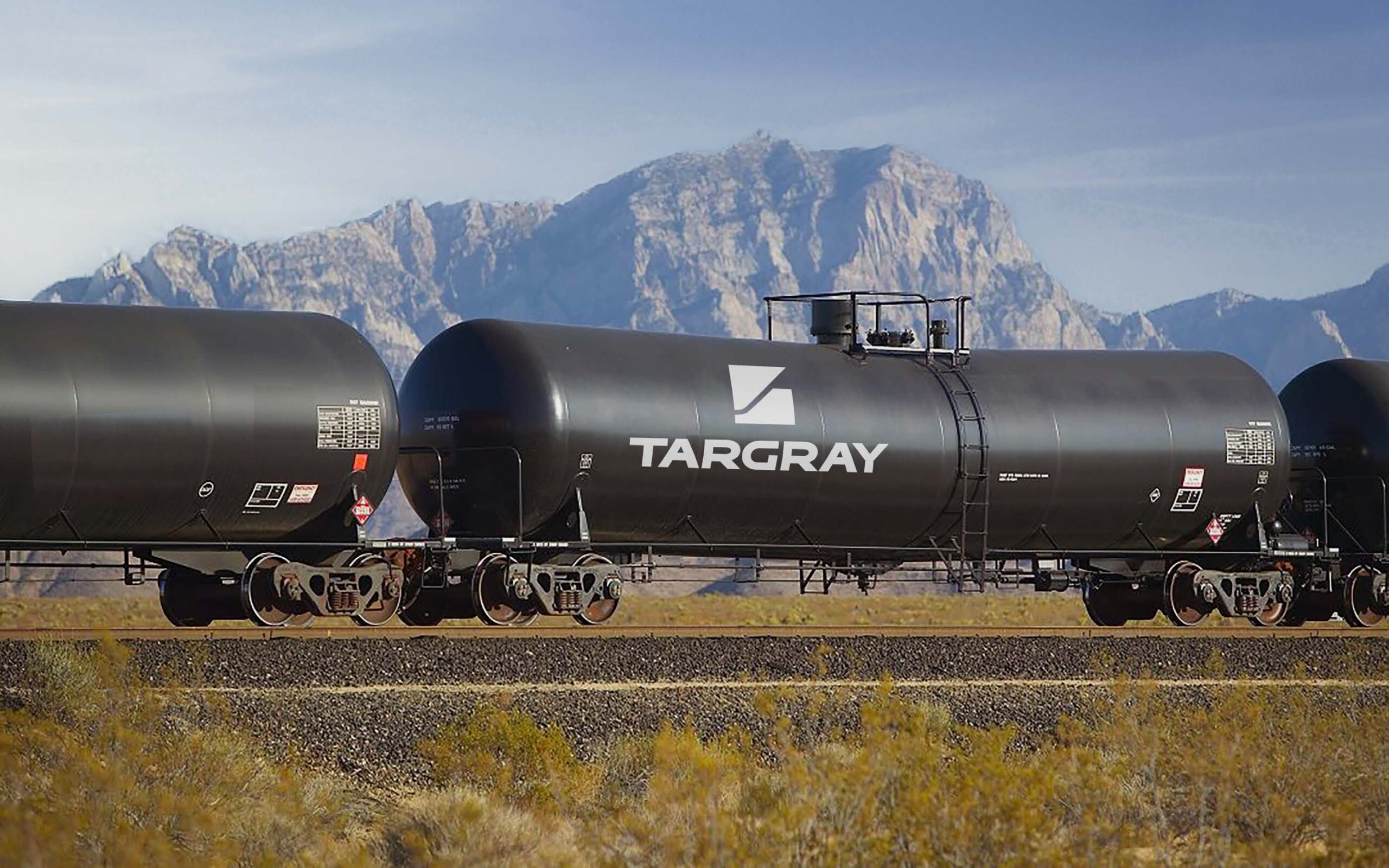European Biodiesel Supply Solutions
As a leading European marketer and distributor of bio-based fuels and feedstock, Targray is focused on supporting the evolving requirements of the EU renewable fuels market.
Operating out of Targray’s Geneva trading desk, our European biodiesel team works collaboratively with commodity traders, brokers, biofuel producers, diesel distributors and fuel retailers throughout Europe. Our biodiesel and feedstock tank positions in the Netherlands, Belgium and Spain enable us to ensure a dependable, year-round supply of renewable fuel for our clients.
Biodiesel blending in the EU
In the European transportation sector, biodiesel can effectively be used both when blended with fossil diesel fuel and in pure form. Tests undertaken by EU motor manufacturers on various blend levels have resulted in guarantees for each use type. Moreover, its use as a transport fuel does not require any changes to the fuel supply chain infrastructure.
European Biodiesel Production
Biodiesel has been produced on a commercial scale in Europe since 1992. This has largely been in response to positive signals from EU institutions. Today, there are approximately 120 plants in the EU producing upwards of 6 million tonnes of biodiesel annually. These plants are primarily located in Germany, Italy, Austria, France and Sweden.
Legislation to promote and regulate biodiesel use is currently in force in various countries including Austria, France, Germany, and Italy. At the EU level, strict guidelines in compliance with CEN Standardisation (EN14214) are in place to insure quality and performance.
Renewable Energy Directive (RED II)
The Renewable Energy Directive (RED) established an overall policy for renewable energy production and promotion in the European Union. It required the EU to fulfill at least 20% of its total energy needs with renewables by 2020. This was to be achieved through the attainment of individual national targets. All EU countries had to ensure that at least 10% of their transport fuels came from renewable sources by 2020.
In the 2018 revision of the directive (RED II), the target for renewable sources consumption is raised to 32% by 2030. The Commission’s original proposal did not include a transport sub-target, which has been introduced by co-legislators in the final agreement. Member States must now require fuel suppliers to supply a minimum of 14% of the energy consumed in road and rail transport by 2030 as renewable energy.
The Role of Biofuels
Biofuels and bioliquids are instrumental in helping European union countries meet their 10% renewables target in transport. The Renewable Energy Directive sets out biofuels sustainability criteria for all biofuels produced or consumed in the EU to ensure that they are produced in a sustainable and environmentally friendly manner. Companies can show they comply with the sustainability criteria through national systems or so-called voluntary schemes recognised by the European Commission.
Fuel Quality Directive (FQD)
The European Commission’s Fuel Quality Directive (FQD) requires a GHG intensity reduction in transport fuels by ≥6% by 2020. Together with the Renewable Energy Directive, it also regulates the sustainability of biofuels. Under the FQD, the greenhouse gas intensity of fuels is calculated on a life-cycle basis. Consequently, emissions from extraction, processing and distribution are also covered. Emissions reductions are calculated from a 2010 baseline. The directive applies to:
- petrol, diesel and biofuels used in road transport
- gasoil used in non-road-mobile machinery.
About the European Renewable Fuels Market
Accounting for 75% of Europe’s total transportation biofuels market, Biodiesel is the most important biofuel offered in the EU today.
First developed and used in the European transportation sector in the 1990s, biodiesel has expanded rapidly on the continent. This expansion has been fueled by increasing crude oil prices, tax incentives in several EU states, and European Commission policies. As a result, Europe has today become the largest biodiesel producing region in the world.
Trunkey Biodiesel Programs
We market a range of biodiesel supply solutions to help European businesses enhance their profitability while effectively meeting compliance requirements. Our biofuel procurement programs are tailored to meet the evolving needs of customers, which range from local biodiesel distributors and fuel retailers, to leading global commodity traders.

EU Partner Organizations
European Bulk Oil Traders' Association (EBOTA)
International Sustainability and Carbon Certification (ISCC)
ISCC is a globally leading certification system for various types of bio-based feedstocks and renewables. The system was designed to facilitate and improve the environmental, social and economic aspects of sustainability in biomass value chains around the world.
Argus Media
Argus is a UK-based media company that produces price assessments and analysis of international energy and other commodity markets, and offers bespoke consulting services and industry-leading conferences. Established in 1970, Argus today has customers and partners in over 140 countries around the world.
Argus’ annual Biofuels event brings together ethanol and biodiesel traders, brokers, producers, political authorities, farmers, marketing & distribution professionals, storage & logistics experts, tech providers, and oil companies for four days of extensive networking and debate.